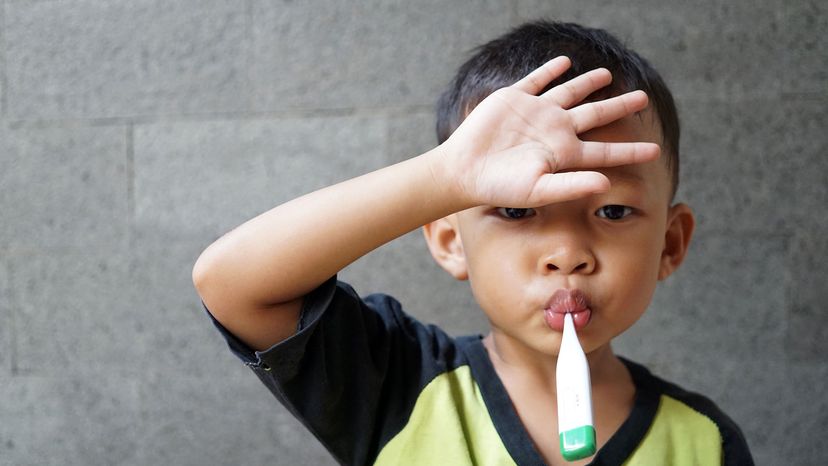The good news is that the newer recommendation for children with stomach issues is a lot simpler. Instead of sticking to a limited grocery list, children and adults can resume a normal diet once signs of dehydration are abated. "The recommendation is to rehydrate the child with something like Pedialyte," Dr. Fuchs says. (The AAP notes that you shouldn't try to substitute homemade salt-and-water solutions.) "Once they're no longer dehydrated let them eat. If they can tolerate it, they can eat it."
Signs of dehydration include low urine output, sunken eyes and irritability. "Once those resolve then that's an indication that they're rehydrated," he explains.
The AAP now recommends resuming a normal diet including a variety of complex carbohydrates (rice, wheat, potatoes and bread) meat, yogurt, vegetables and fruits. Dr. Fuchs says that foods with protein, such as eggs, are good choices. Certain foods, like candy, soda and sugary baked goods, are best avoided. "Some children, if they've got an upset stomach, should go easy on the high fat foods because that could aggravate [nausea]," Dr. Fuchs says.
Adults can also follow similar guidelines, first rehydrating with an electrolyte solution, followed by a normal diet, and staying away from high-sugar and high-fat foods.
